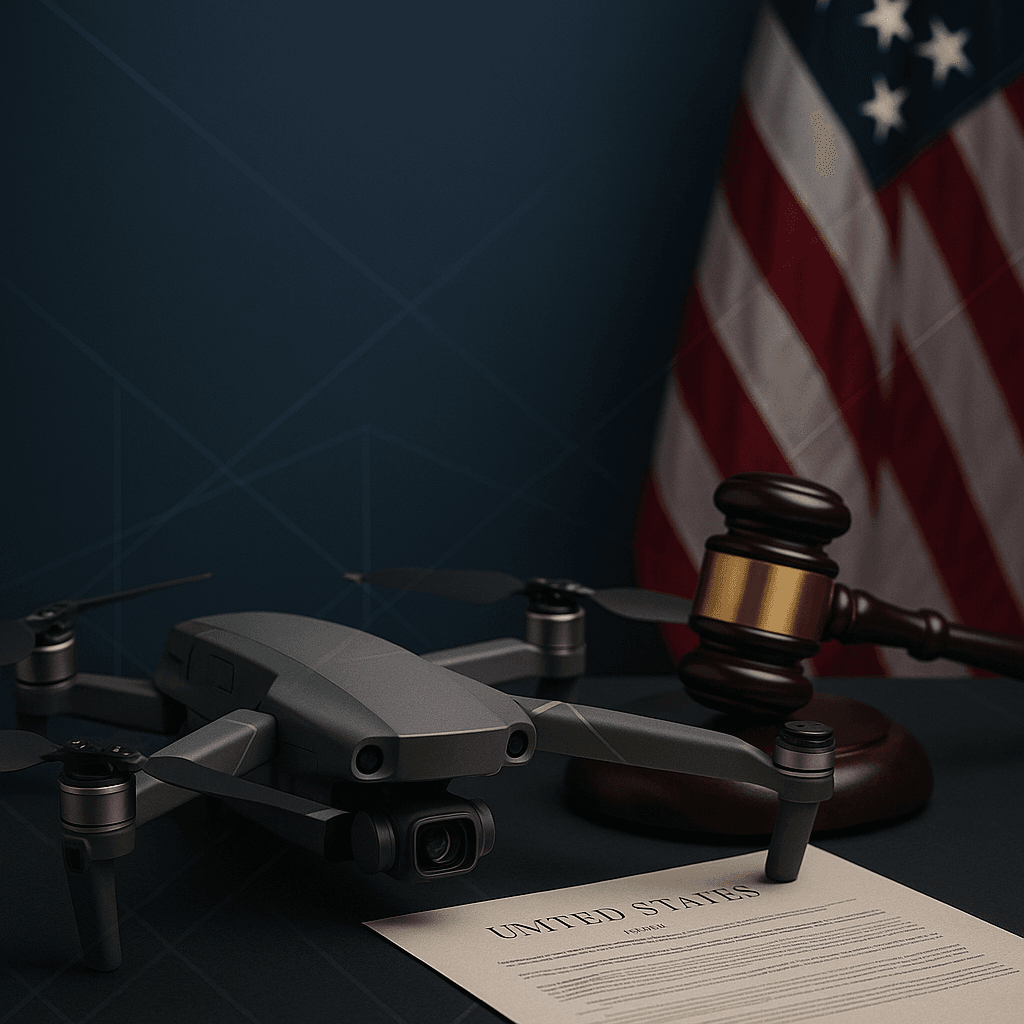A federal judge just dealt a crushing blow to drone giant DJI's fight to shed its Pentagon military company label. The ruling keeps DJI on the Defense Department's Chinese military companies list and could accelerate a looming sales ban in the US market starting December.
DJI just lost its most important legal battle on US soil. A federal judge ruled Friday that the world's largest drone maker will stay on the Pentagon's list of Chinese military companies, dealing a severe blow to the company's efforts to preserve its American market access. U.S. District Judge Paul Friedman found that the Department of Defense provided 'substantial evidence' that DJI contributes 'to the Chinese defense industrial base,' according to court documents. The decision comes at a critical time for DJI, which faces an even more existential threat - a potential complete sales ban starting in December unless a national security agency determines its drones don't pose an 'unacceptable risk to the national security of the United States.' Judge Friedman's ruling focused heavily on real-world military applications of DJI technology. Pointing to widespread use of modified DJI drones in the Russia-Ukraine conflict, the judge wrote: 'Whether or not DJI's policies prohibit military use is irrelevant. That does not change the fact that DJI's technology has both substantial theoretical and actual military application.' The case represents DJI's desperate attempt to escape a regulatory web that's been tightening around Chinese tech companies for years. The Pentagon added DJI to its military companies list in 2022, but other agencies got there first. The Department of Commerce and Treasury Department placed DJI on similar blacklists even earlier, creating a pattern of escalating restrictions. When DJI filed the lawsuit last year, the company insisted it was 'not owned or controlled by the Chinese military' and argued that 'the DoD itself acknowledges that DJI makes consumer and commercial drones, not military drones.' The company claimed it had 'suffered ongoing financial and reputational harm, including lost business' from the Pentagon listing. But Judge Friedman wasn't buying DJI's consumer-focused defense. While he rejected some of the Pentagon's other rationales for the listing, the military application argument proved decisive. DJI's consumer drones dominate the US market, from real estate photography to emergency response, making any sales ban economically significant. DJI told it's considering its legal options and criticized Judge Friedman's decision as 'based on a single rationale that applies to many companies that have never been listed.' That response suggests DJI believes the Pentagon is applying inconsistent standards, potentially setting up future constitutional challenges. The timing couldn't be worse for DJI's American ambitions. The company now faces a two-front regulatory battle - defending against the military company classification while simultaneously trying to avoid the December sales ban. Unlike the Pentagon listing, which primarily affects investment and contracting opportunities, the potential sales ban would completely shut DJI out of the world's largest drone market. Industry analysts expect the December deadline to trigger intense lobbying from DJI's corporate customers, particularly in construction, agriculture, and emergency services where DJI drones are deeply embedded in operations. But with US-China tech tensions at historic highs, DJI faces an uphill battle convincing national security agencies that its products are safe.












